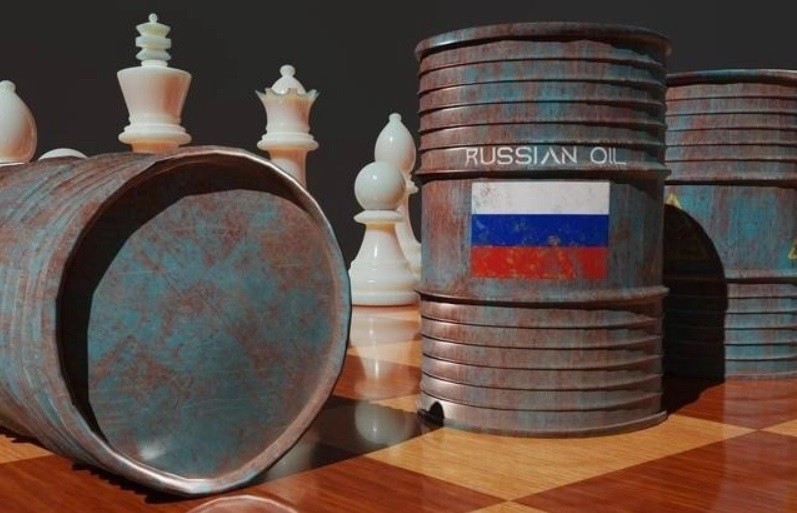 |
| G7 has not yet reviewed Russia's plan to cap oil prices. (Source: Fly Of Swallow Studio/ShutterStock) |
The G7, along with the European Union and Australia, imposed a price cap of $60 a barrel on Russian oil last December. Then, in February 2023, the group continued to cap prices at $45 a barrel for heavy fuels and $100 a barrel for light fuels such as gasoline and diesel from Moscow.
The idea was proposed by Washington to cut off the Kremlin's revenue, following the conflict with Ukraine, and at the same time, avoid market disruptions caused by the EU's ban on Russian oil.
Initially, the EU countries agreed to review the price ceiling every two months and adjust it if necessary, while the G7 side said it would review “when appropriate” including implementation and compliance with the plan.
However, as of March 2023, the group has not considered that price cap.
Four sources familiar with G7 policy said the group has no immediate plans to consider adjusting the plan.
Sources also said that while some EU countries want to reconsider the above price cap plan, the US and G7 members do not want to change.
Brent crude is currently trading around its highest level this year at over $90 a barrel, a development that has helped lift prices for global crude, including Russia’s Urals.
On the Russian side, the country's Ministry of Finance revealed that the average price of Urals crude oil has recovered to around $74/barrel in August 2023 - much higher than the ceiling of $60/barrel.
* In an interview with the German newspaper Handelsblatt , Vice President of the European Commission (EC) Maros Sefcovic said that completely abandoning Russian gas supplies is "an almost impossible task".
According to Mr. Sefcovic, in 2022, Europe reduced its gas imports from Russia from 150 billion m³ to less than 80 billion m³. This year, the figure could be 40 billion m³, including liquefied natural gas (LNG).
“Therefore, I would say that completely abandoning Russian gas remains an almost impossible task. If the European Union continues to invest in infrastructure and establish new partnerships, this measure could further reduce LNG imports from Moscow in the coming months,” he said.
The Commission is gradually ensuring that gas is imported through the EU's common procurement platform, rather than from Russia, the EC Vice President said.
Source




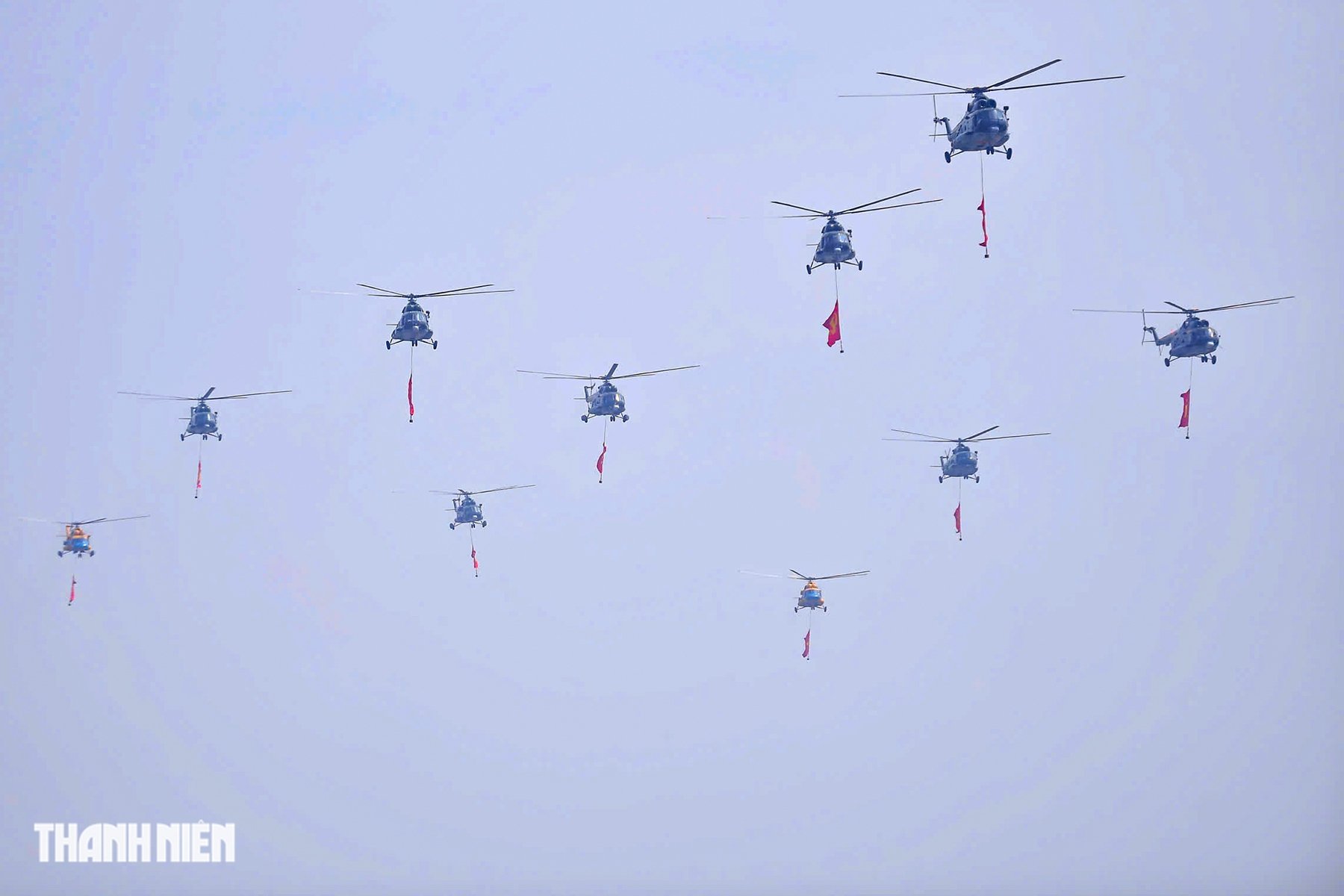

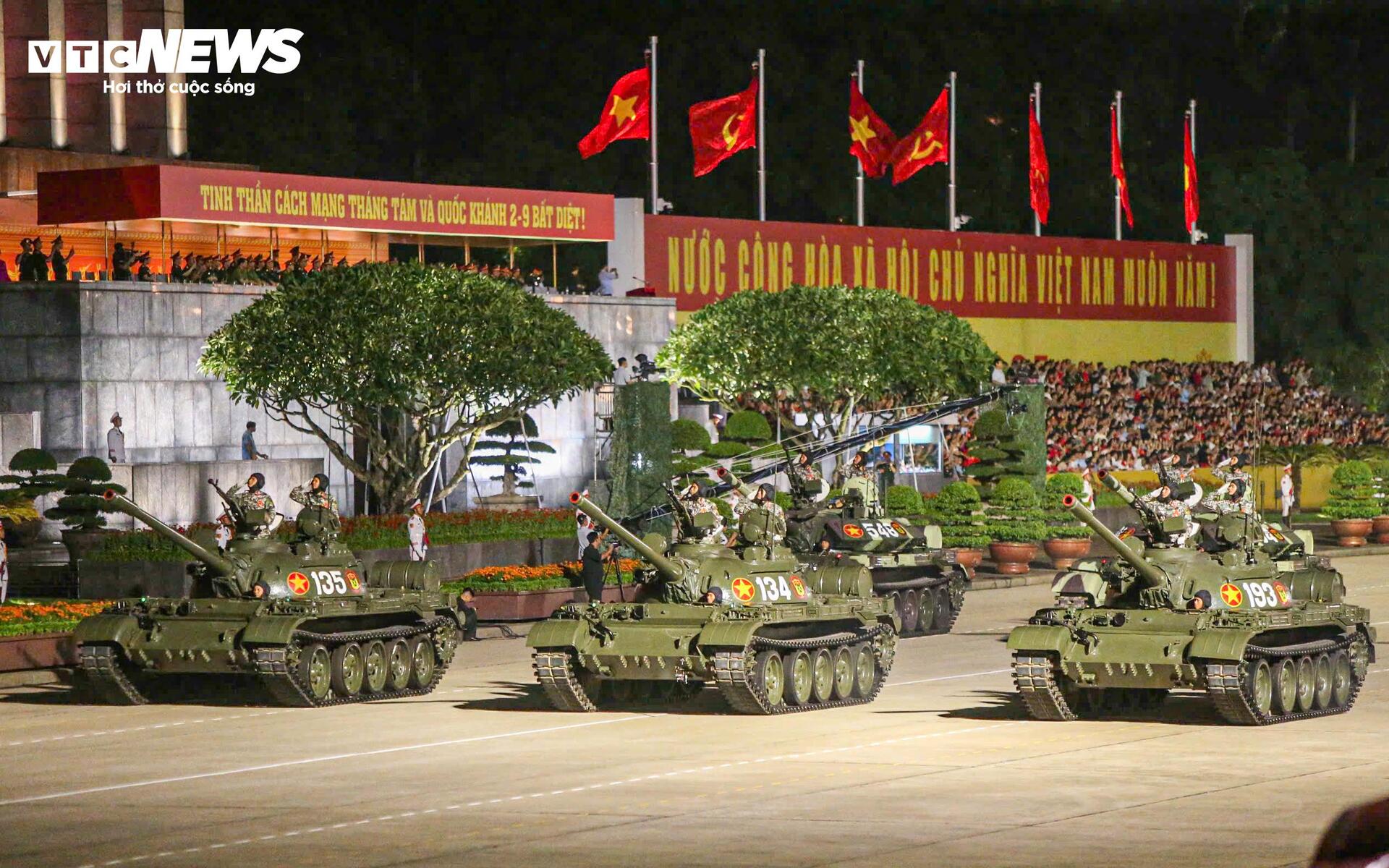
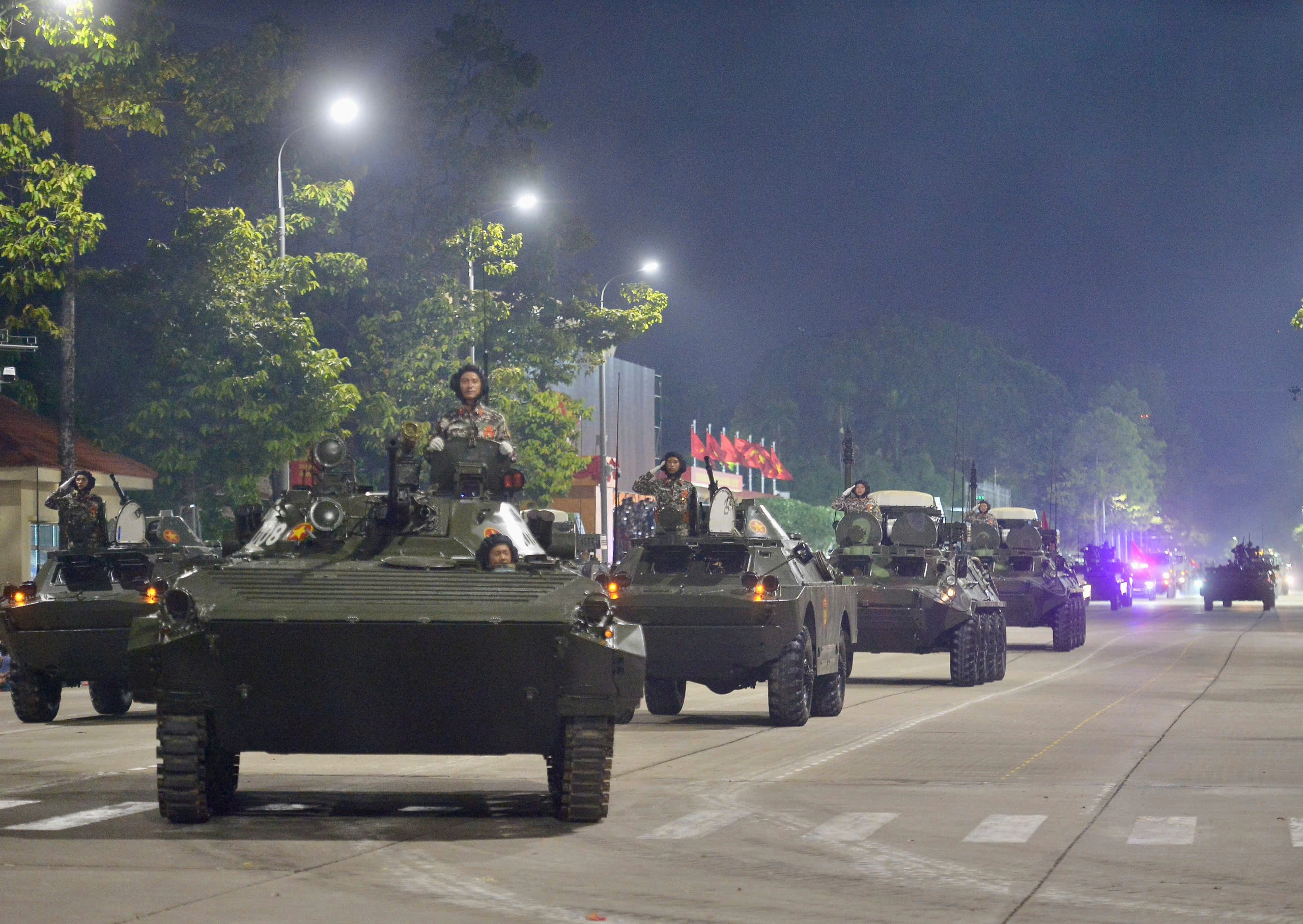
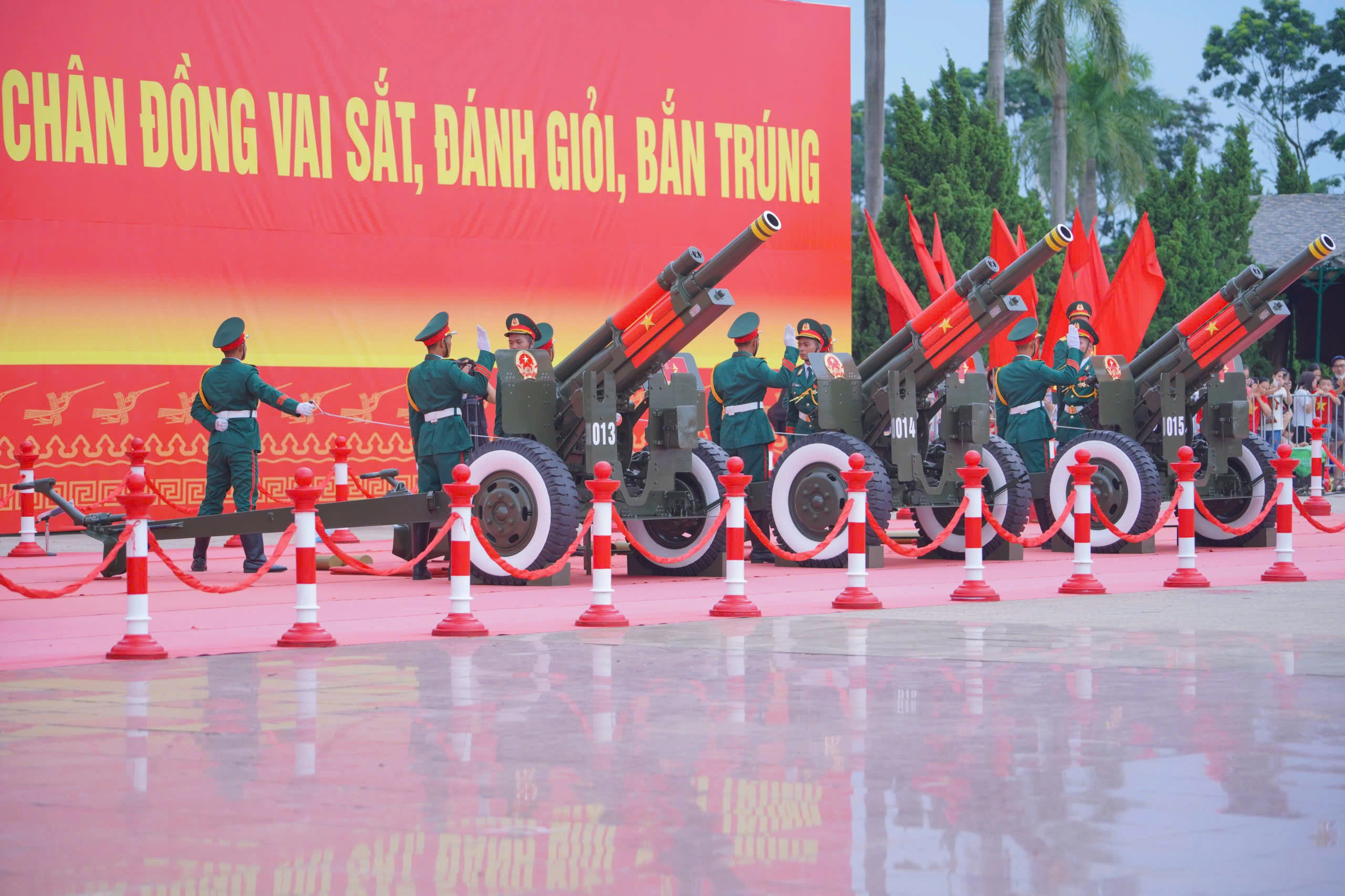
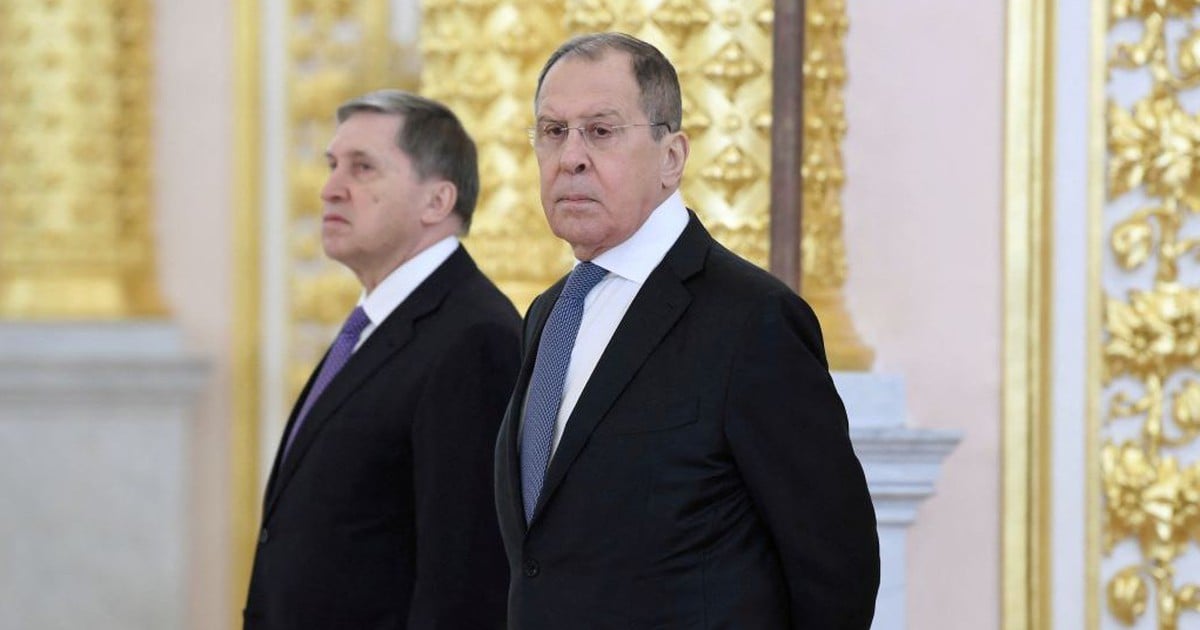

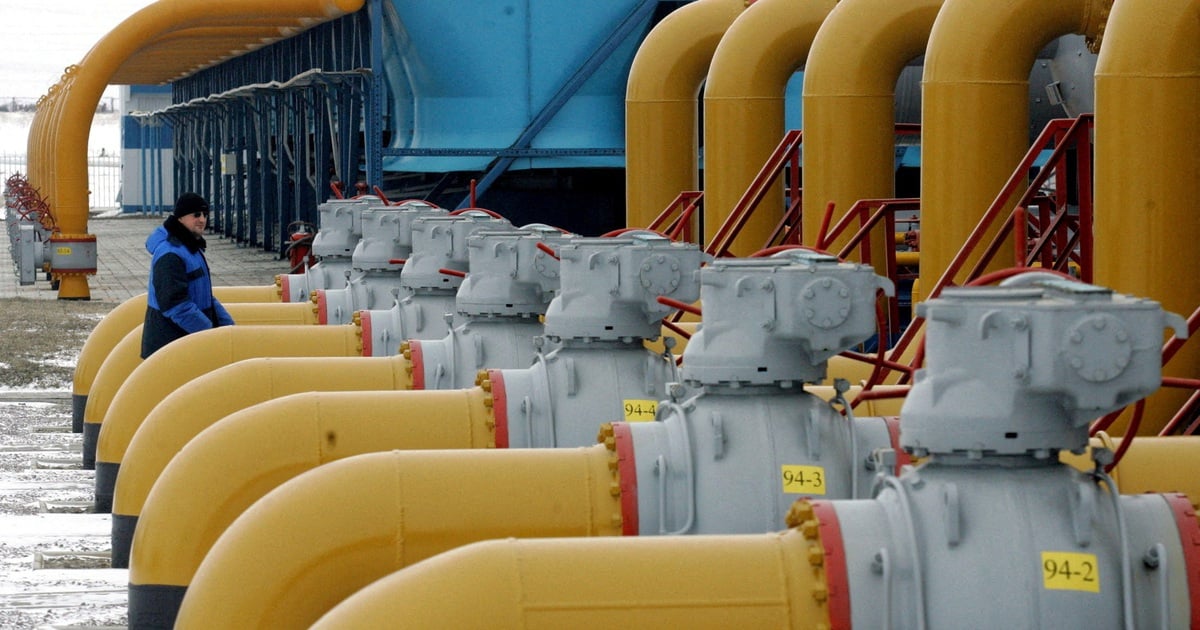
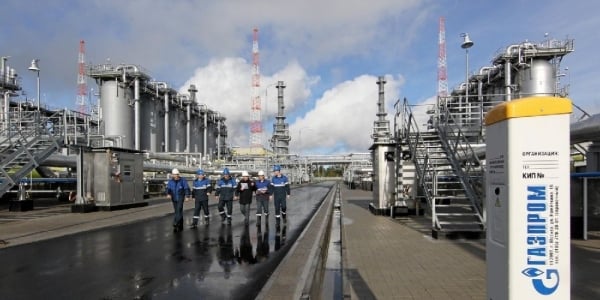
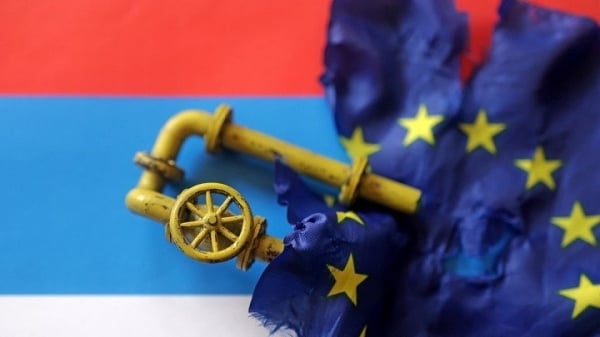
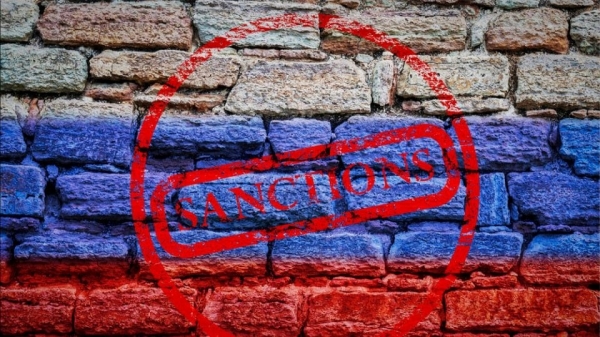
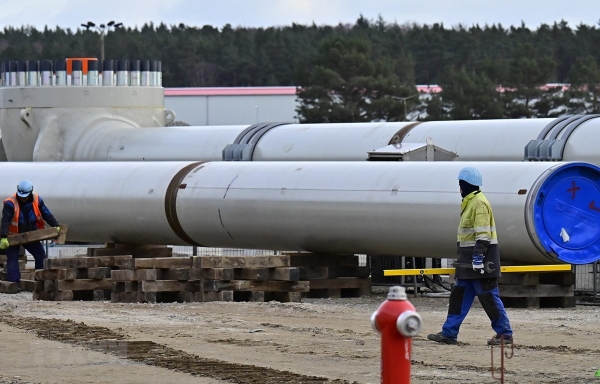


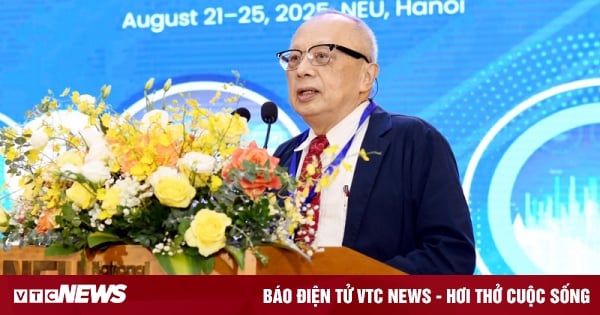

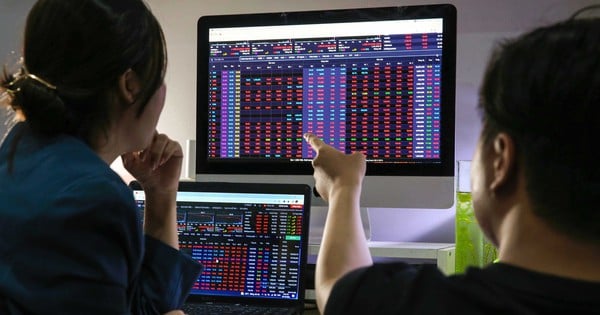


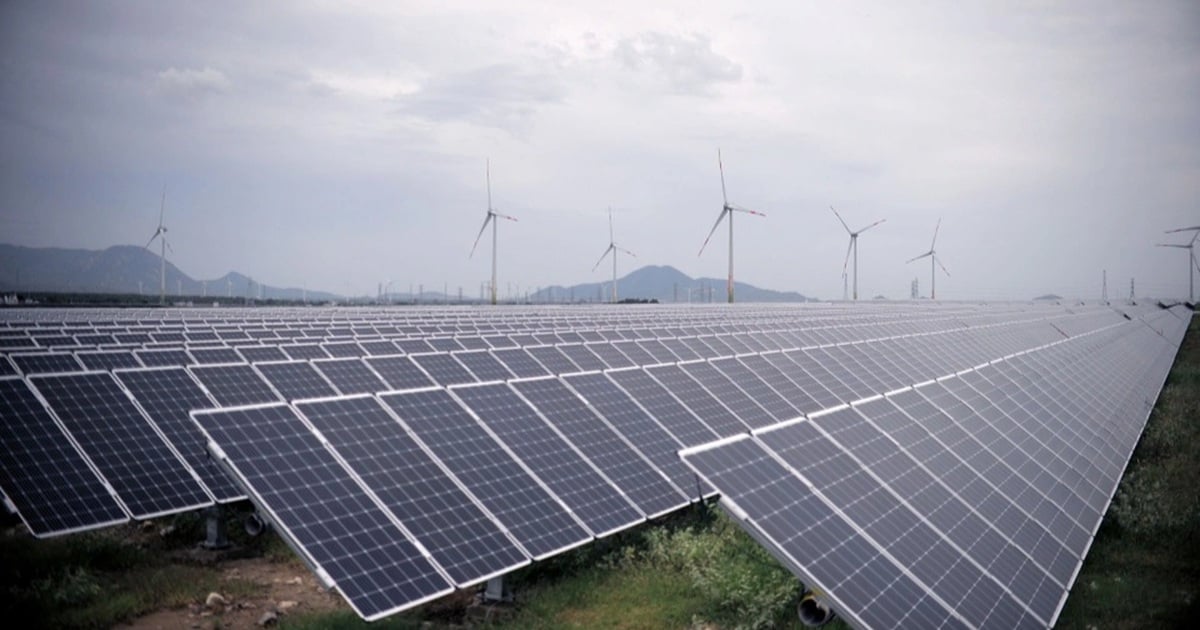







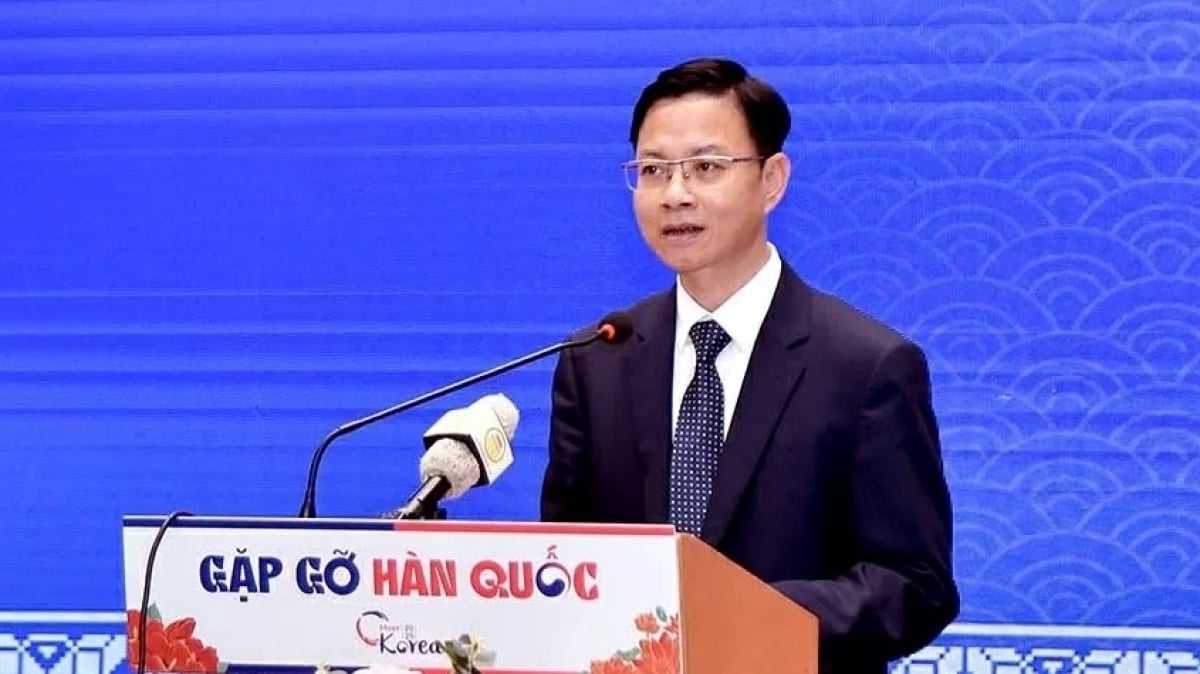
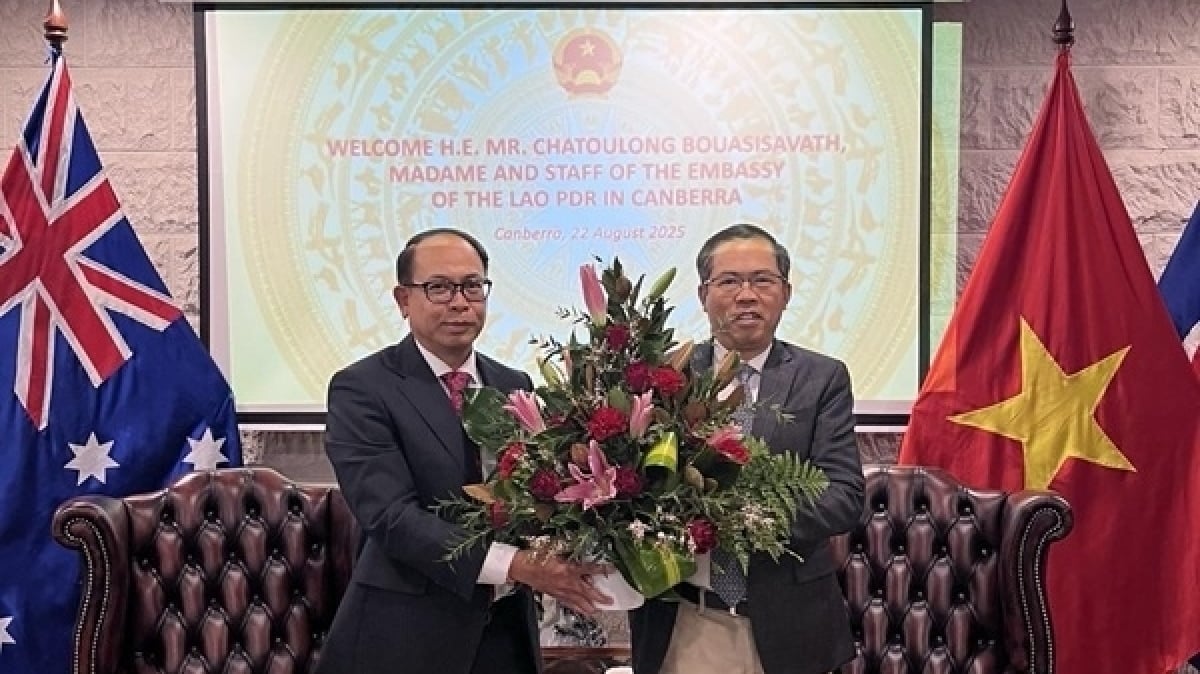
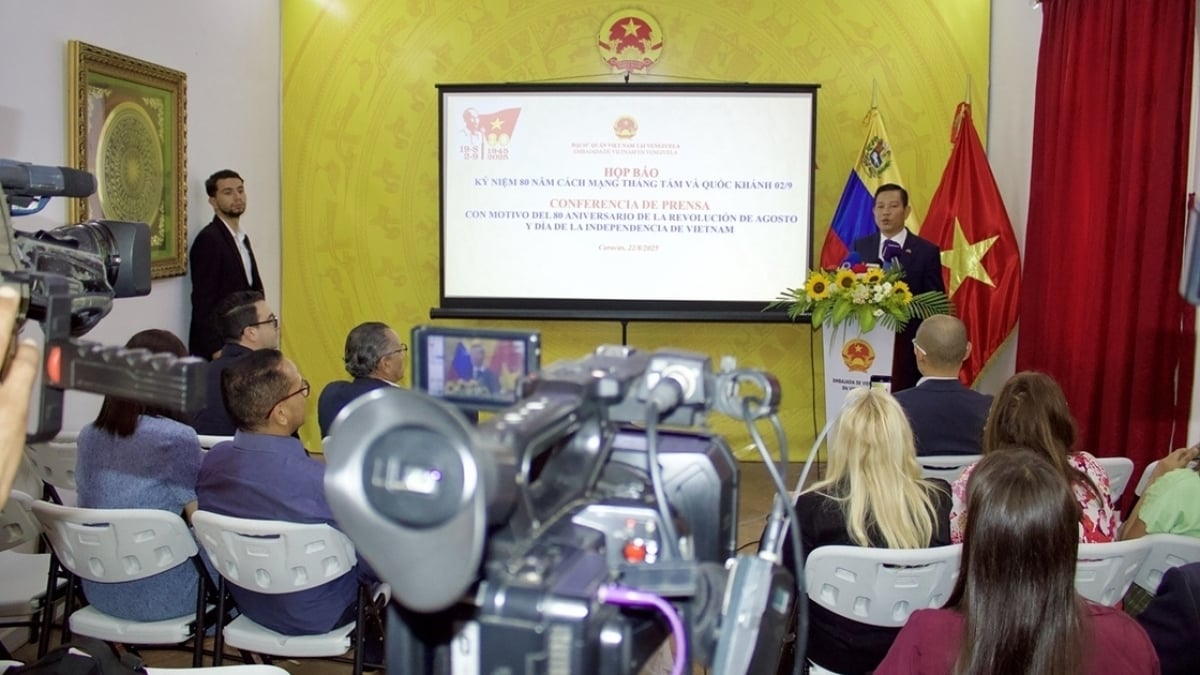
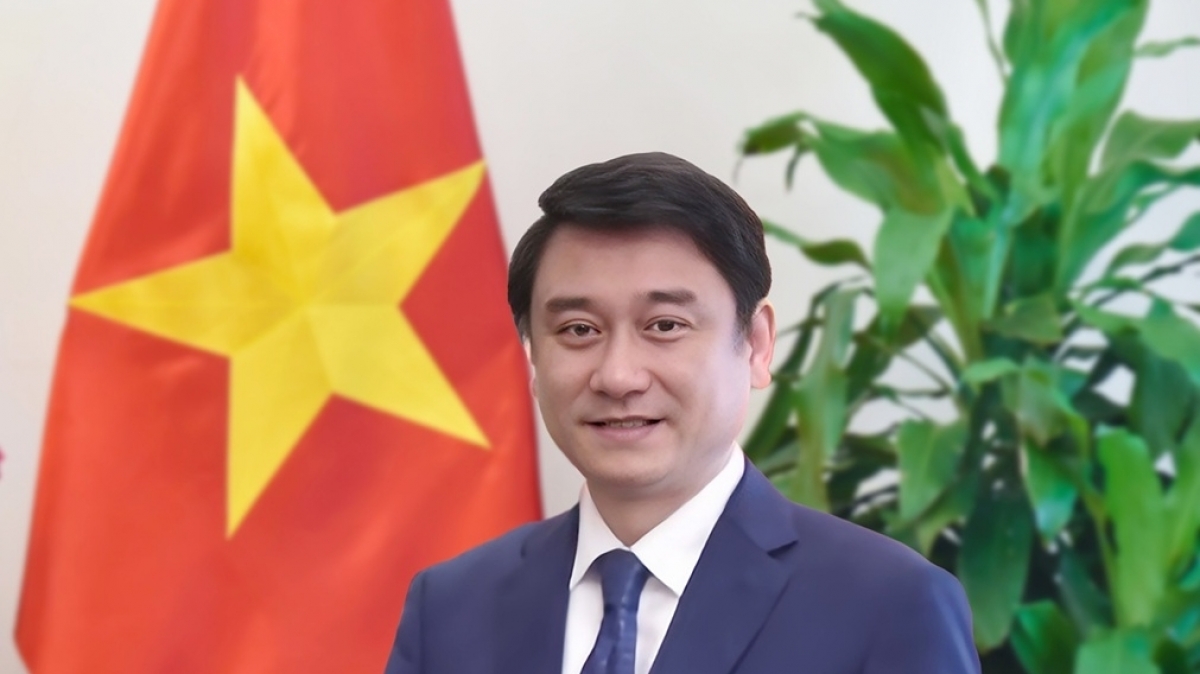
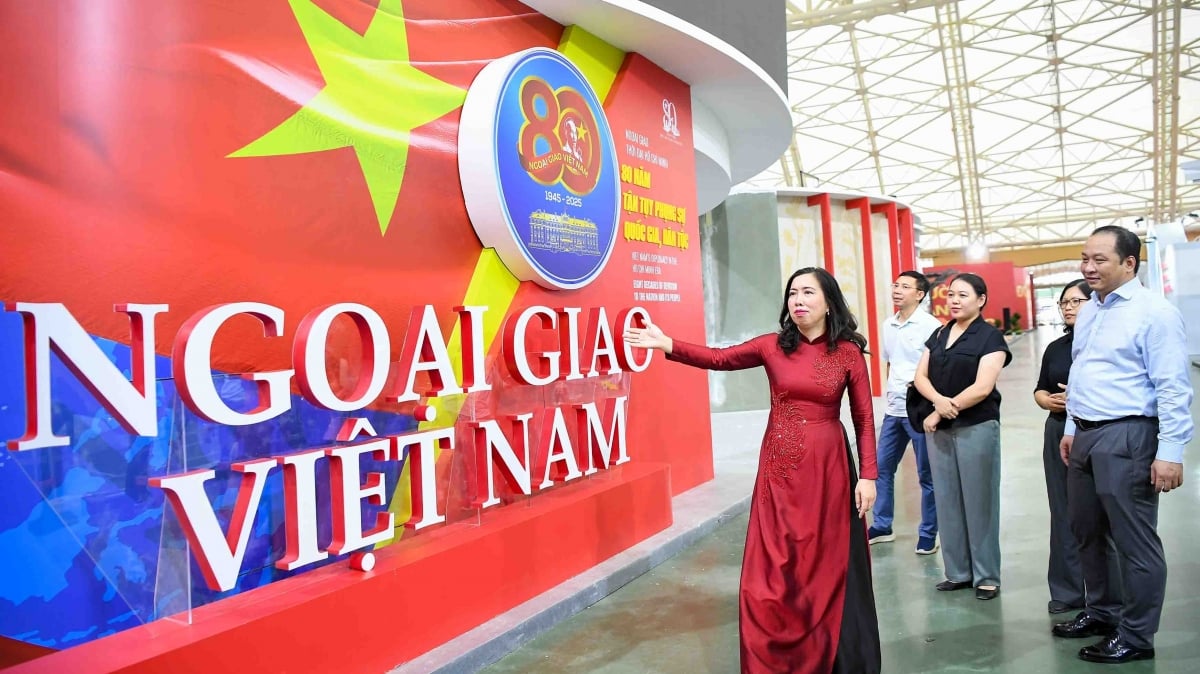





























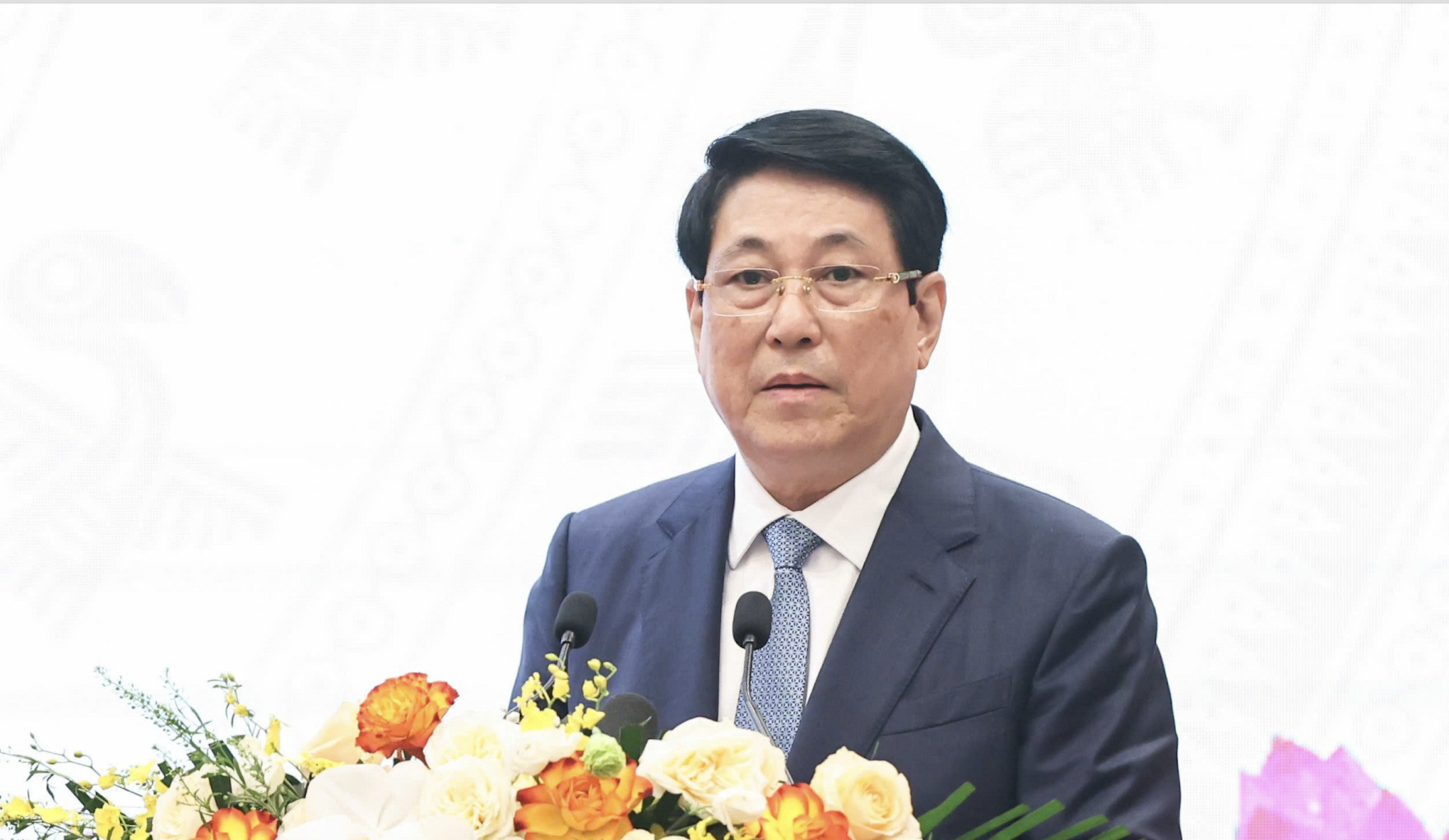
















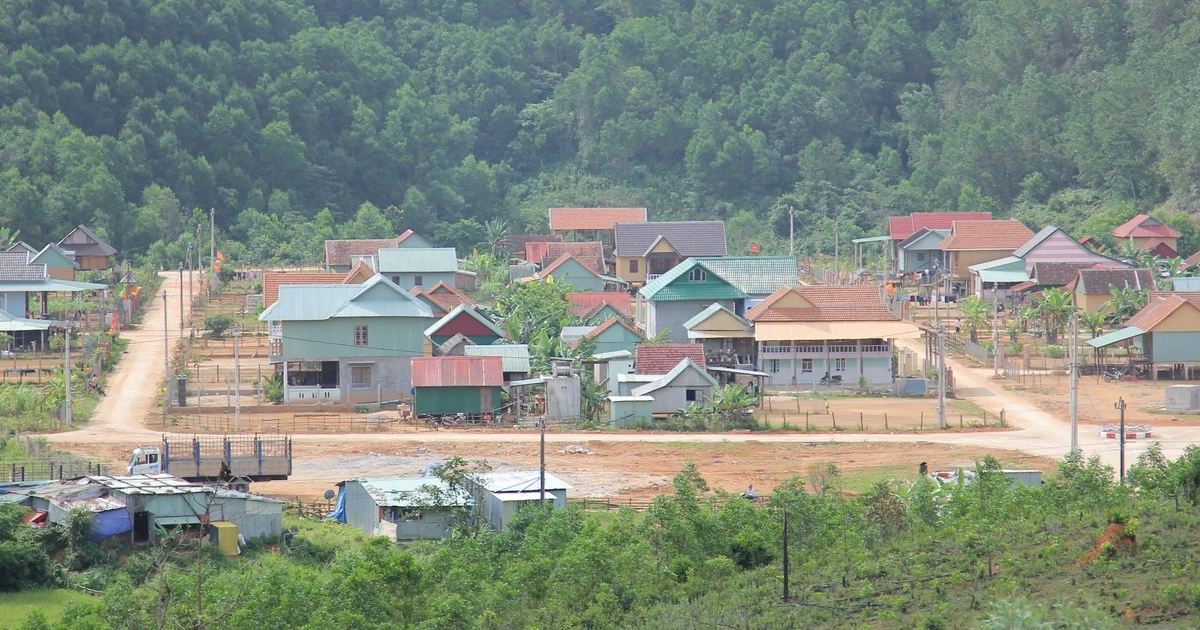

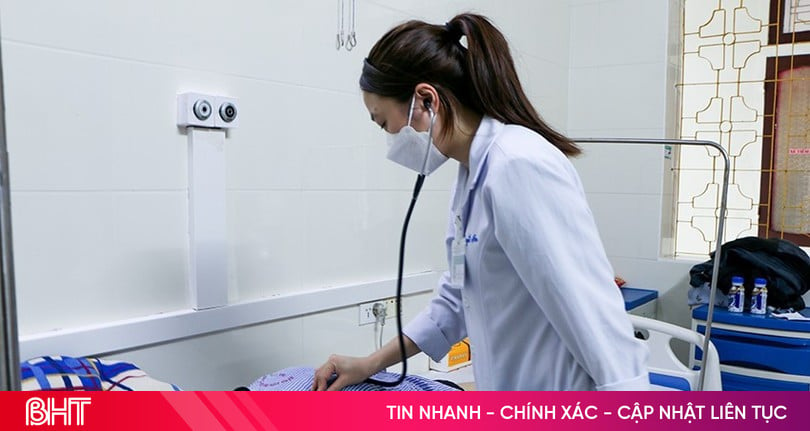

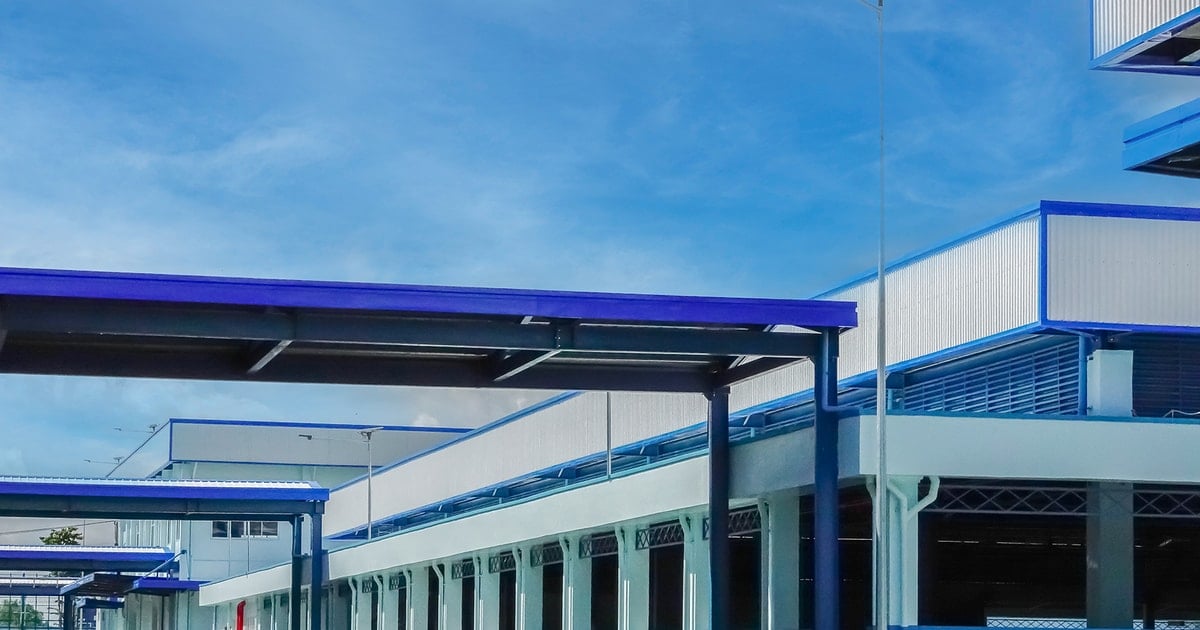


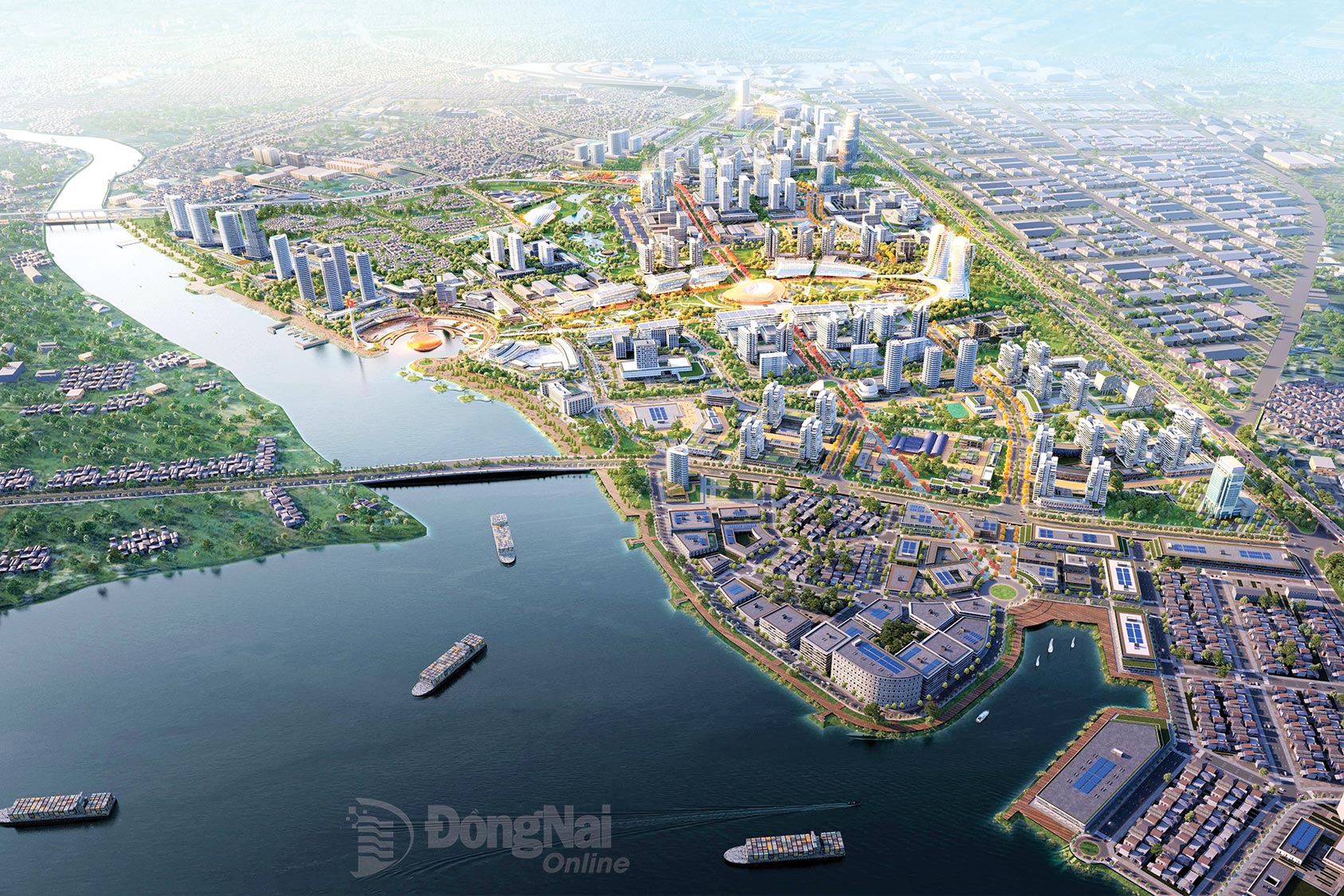















Comment (0)